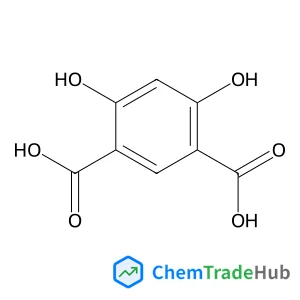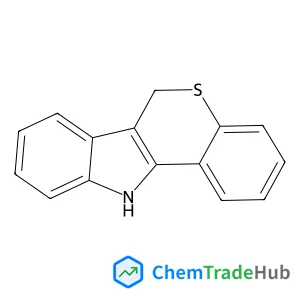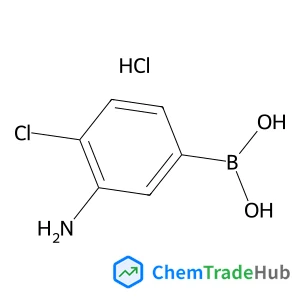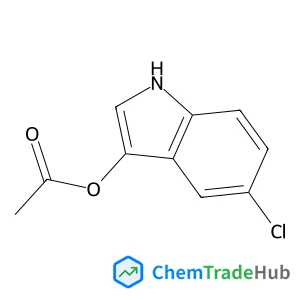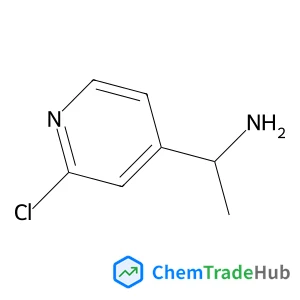The central chirality of the metal atom and configurational relations in asymmetric reactions catalysed by metal complexes
文献信息
Valerii A. Pavlov
The recently published data on the dependence of the configuration of the reaction product on the structure of a catalytic metal complex (or an intermediate determining the asymmetric induction) in asymmetric catalytic reactions of hydrogen-transfer hydrogenation of acetophenone, hydroformylation of styrene, allylic alkylation of 1,3-diphenylprop-2-enyl acetate and alkylation of benzaldehyde with dialkylzinc are systematised. The applicabilities of octant and quadrant projections of the complexes are compared in order to establish the relationships between their structures and the enantioselectivities of the reactions. The known mechanisms of asymmetric induction in these reactions are discussed with regard to the C1 or C2 symmetry of the catalytic complex. The reasons for a decrease in the enantioselectivities of hydrogen-transfer hydrogenation, hydroformylation and alkylation by dialkylzinc [in the absence of Ti(OPr i) 4] when performed with complexes with chiral C2-symmetric ligands (as compared with complexes with asymmetric ligands) are considered. The bibliography includes 435 references.
相关文献
IF 6.843
Microscopic insights into long-range 1D ordering in a dense semi-disordered molecular overlayerIF 6.222
Performance of electrode-supported silica membrane separators in lithium-ion batteriesIF 6.367
Outstanding Reviewers for ChemComm in 2020IF 6.222
Front coverIF 6.843
Insights into the mechanism of photosynthetic H2 evolution catalyzed by a heptacoordinate cobalt complexIF 6.367
Interfacial engineering of a polymer–MOF composite by in situ vitrificationIF 6.222
Contents listIF 6.222
Engineering nanoporous organic frameworks to stabilize naked Au clusters: a charge modulation approachIF 6.222
From Douglas fir to renewable H2-enriched syngas via ex situ catalytic pyrolysis over metal nanoparticles–nanocellulose derived carbon catalystsIF 6.367
来源期刊
Russian Chemical Reviews

Founded in 1932, Russian Chemical Reviews aims to publish timely and important review articles covering most aspects of modern chemistry, including: Chemical physics Physical chemistry Computational and theoretical chemistry Catalysis Coordination chemistry Analytical chemistry Organic, organometallic and organoelement chemistry Chemistry of macromolecules Applied chemistry Biochemistry, bio-organic chemistry and biomolecular chemistry Medicinal chemistry Materials chemistry, nanochemistry, nanostructures Environmental chemistry
推荐供应商
 戴科化学贸易化学(上海)有限公司
戴科化学贸易化学(上海)有限公司 淄博俱进化工有限公司
淄博俱进化工有限公司 南通亿迅化工有限公司
南通亿迅化工有限公司 尼蒂卡化学
尼蒂卡化学 哈顿Anlagentechnik GmbH
哈顿Anlagentechnik GmbH 弗里德里希·德索恩 GmbH
弗里德里希·德索恩 GmbH 河北安平中天化工厂
河北安平中天化工厂 波利西乌斯 AG
波利西乌斯 AG DESMI有限公司
DESMI有限公司 南京白敬宇制药有限责任公司
南京白敬宇制药有限责任公司










